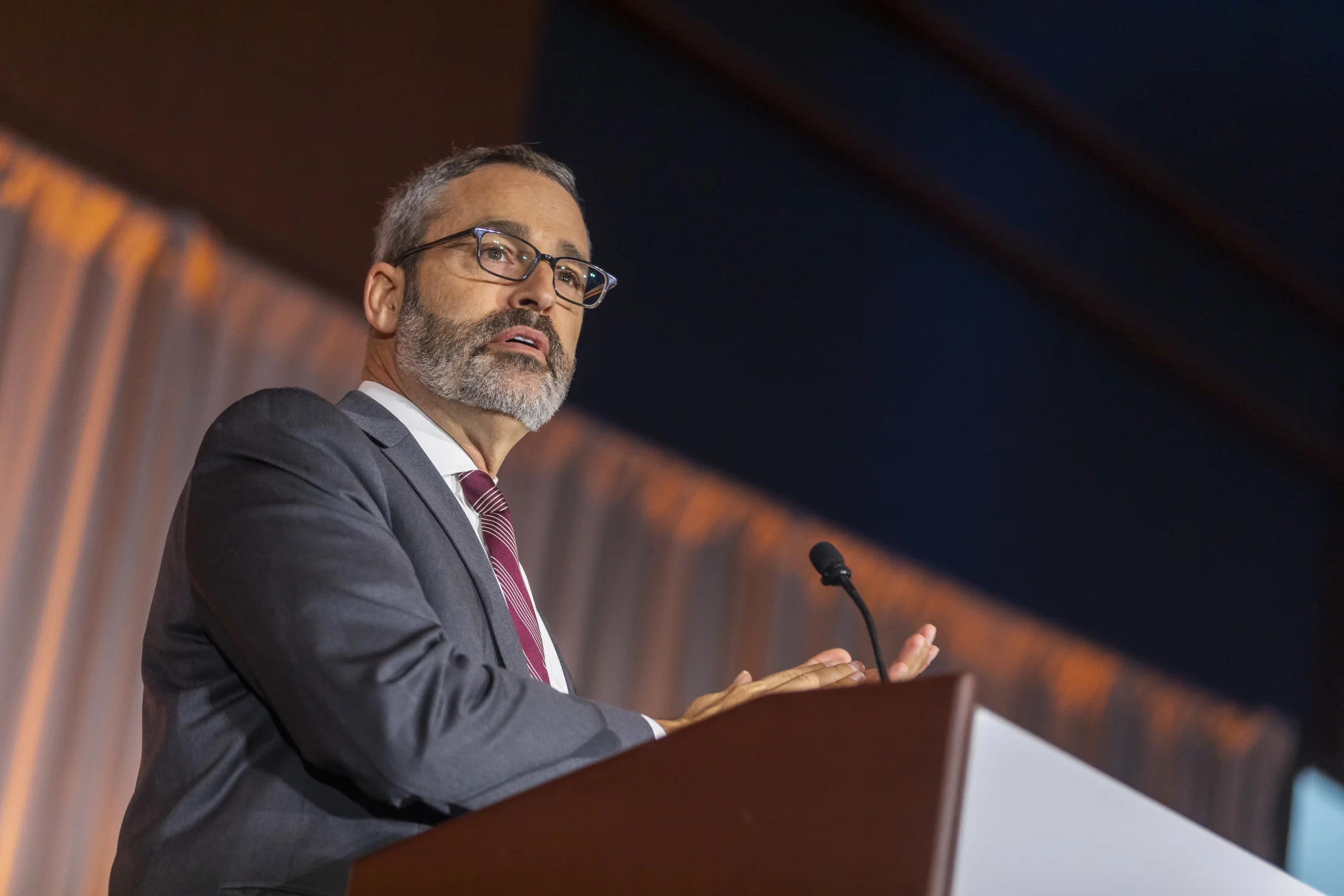An audacious and timely conservation challenge
We should all applaud President Biden's executive order calling for conservation of 30% of the U.S. land base by 2030. This bold "30x30" vision is firmly rooted in science, given that protected land is key to a healthy and secure future for all Americans.

It provides pure drinking water, healthy food, clean air, habitat for wildlife, and places for people to reflect, recreate, hunt and fish. Conserved land also provides protection from natural disasters, such as floods and droughts, and absorbs and keeps carbon from the Earth's atmosphere.
The president's vision also recognizes that land conservation is not keeping pace with growing threats to our lands, waters, wildlife and ways of life. Every 30 seconds, the United States loses a football field of natural lands to roads, houses, pipelines and other development. Since 1970, North America has lost 3 billion birds — 29% of its avian population. Forty acres of farmland in the United States are lost to development every hour.
Given these facts, the audaciousness of the president's conservation goal is right for this moment. And this "moon shot" for nature is necessary for more than just environmental reasons: Land — and the public's desire to conserve it — provides one of the few opportunities to reduce political polarization and build social cohesion among a deeply splintered American populace. This was demonstrated most recently in the strong bipartisan consensus last Congress that led to the permanent reauthorization and full funding of the Land and Water Conservation Fund.
In particular, land conservation that takes place outside of the government sphere — through community-based, nonprofit organizations known as land trusts — provides a means for Americans of all backgrounds to save the places they need and love through personal initiative, landowner empowerment and charity. By finding common ground around these core American values and the lands we cherish, we can regain a sense of shared purpose and help heal a fractured nation. To put it in terms used by President Biden in his inaugural address, America's farms and forests, its rivers and coasts and its mountains and meadows are "common objects of our love." Conserving these places through citizen-led community efforts can bring us back together.
Most Americans are unaware that land trusts — powered by more than 200,000 volunteers and almost 5 million members of all political stripes — are working in almost every community in the United States to protect important lands. Likewise, few know that the nation's land trust community has conserved approximately 60 million acres over the past 40 years — an area larger than all the land contained in America's National Parks.
President Biden's executive order tacitly acknowledged that to reach the 30x30 goal, we must rely on and bolster this community of nonprofits. In short, we cannot achieve the 30x30 goal only by adding to the federal estate; we must empower private landowners to conserve their natural and working lands at a much greater pace and scale. Land trusts are uniquely qualified to make that happen and, importantly, they can do so in an inclusive and equitable way.
On behalf of the 1,000 land trusts my organization represents, I pledge that we will conserve at least another 60 million acres by the end of this decade. To do so, we need the help of the federal government. I call on President Biden and leaders in Congress to provide increased support to land trusts and the private landowners with whom they work. This includes protecting the integrity of the federal tax incentive for conservation easement donations; increasing mandatory funding for Farm Bill conservation programs that maintain viable working farms, ranches and forests; and creating mechanisms to compensate landowners when they increase the capacity of their lands to absorb and store carbon.
Through his executive order, President Biden adds credibility to the 30x30 goal, reveals the urgency we face in saving America's undeveloped lands, and gives us a vision that can inspire and challenge us. Let us find a way to unite around this cause, garner the necessary resources both inside and outside government and get on with the essential task of conserving our natural heritage for the benefit of all Americans. The health of both our environment and our body politic depends on it.